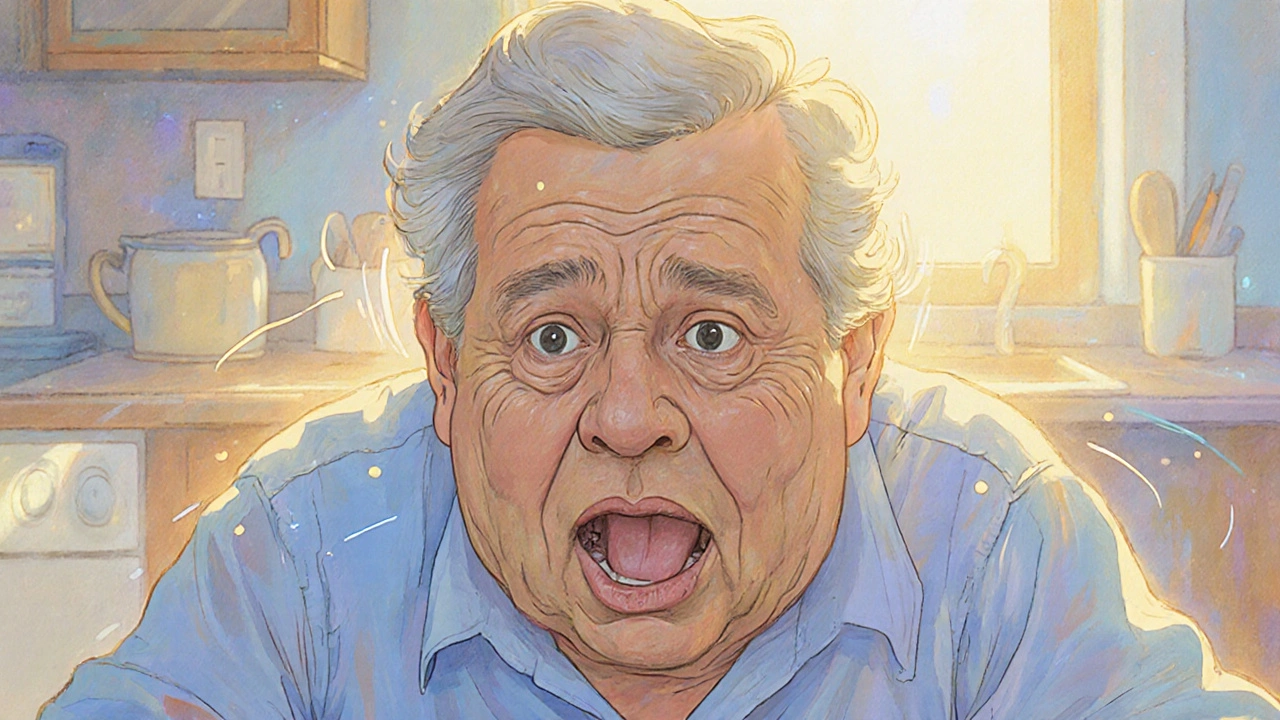Tardive Dyskinesia Treatment: What Works, What to Avoid, and Real Options
When long-term use of antipsychotic meds leads to uncontrolled facial tics, lip smacking, or tongue thrusting, you’re likely dealing with tardive dyskinesia, a movement disorder caused by prolonged exposure to dopamine-blocking drugs. Also known as TD, it doesn’t always go away—even after stopping the medication that caused it. This isn’t rare. Studies show up to 30% of people on antipsychotics for over a year develop signs, and many don’t realize it’s drug-related until it’s advanced.
Most people start with older antipsychotics like haloperidol or chlorpromazine, but even newer ones like risperidone or olanzapine can trigger it. VMAT2 inhibitors, a class of drugs designed to reduce dopamine release in the brain, are now the first-line treatment. Injections of valbenazine or deutetrabenazine can cut symptoms by half in many patients, often within weeks. But they’re expensive, and not everyone responds. Some doctors try switching to clozapine, which has lower TD risk, but that comes with its own dangers like blood disorders. Others explore supplements like vitamin B6 or ginkgo biloba—some small studies show mild benefit, but nothing’s proven strong enough to rely on.
Stopping the drug that caused TD sounds logical, but it’s risky. For people with schizophrenia or bipolar disorder, stopping antipsychotics can mean a return of psychosis, hallucinations, or severe mood swings. That’s why treatment isn’t just about fixing the movement problem—it’s about balancing brain health overall. Many patients end up on a mix: keeping the lowest effective dose of their original med while adding a VMAT2 inhibitor. Others try physical therapy to manage jaw or neck tension, or speech therapy if swallowing becomes hard.
What you won’t find in most guides is how often TD gets misdiagnosed. It looks like Parkinson’s, or anxiety, or even just nervous habits. Doctors miss it because they’re focused on the mental illness, not the body’s reaction to the medicine. That’s why tracking symptoms early matters. If you notice your lips twitching after months on antipsychotics, don’t brush it off. Talk to your doctor before the movements become constant.
The posts below dig into the real-world choices people face: which drugs help, which make it worse, what alternatives exist, and how to spot early signs before it’s too late. You’ll find clear comparisons of treatment options, side effect trade-offs, and what actually works when standard advice fails. No theory—just what patients and doctors are using right now.

Baclofen for Tardive Dyskinesia: An In‑Depth Look
Explore how baclofen, a GABA‑B agonist muscle relaxant, may help reduce involuntary movements in tardive dyskinesia, covering dosage, evidence, risks, and comparisons with other treatments.